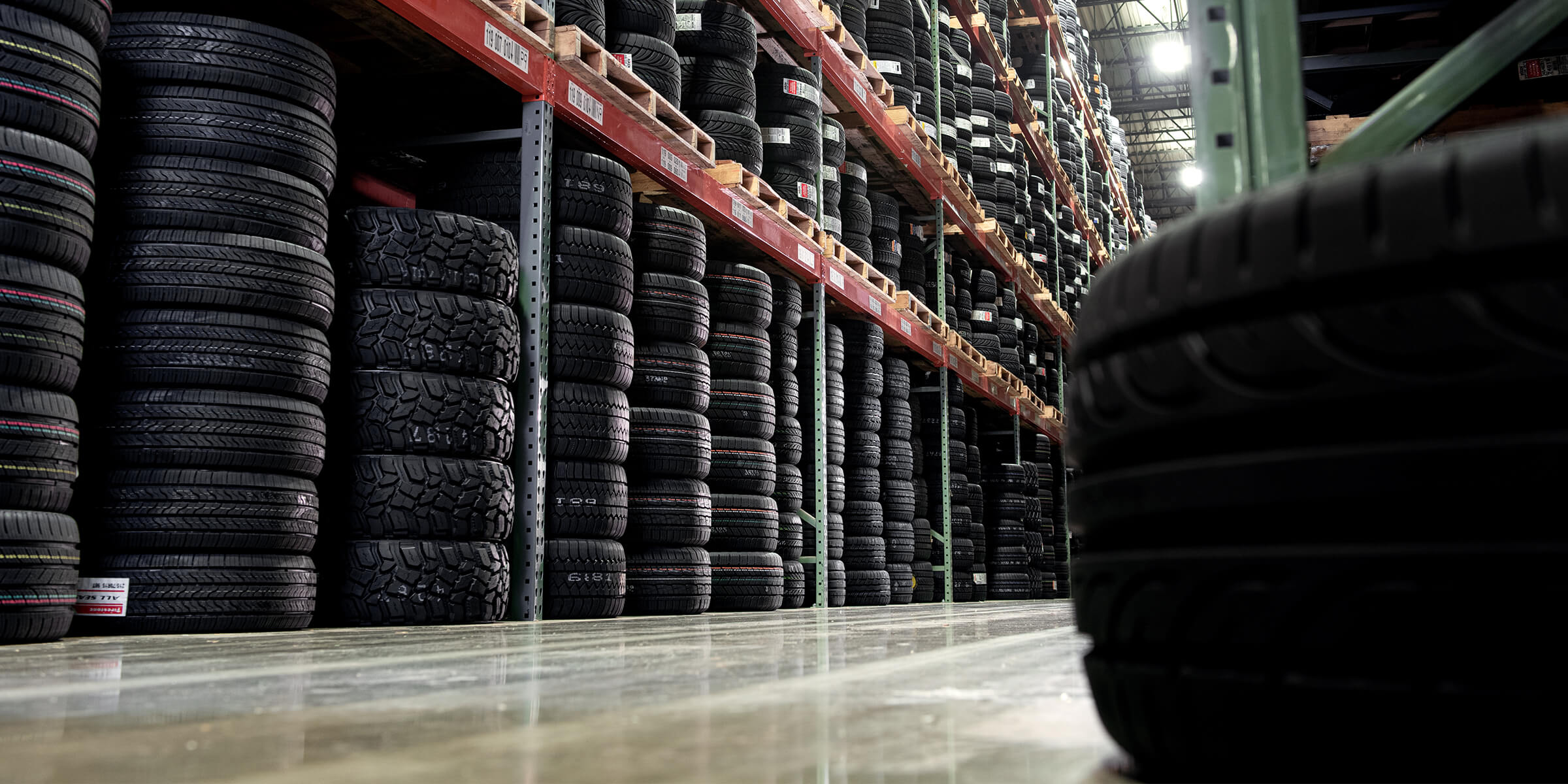Tire Service: Understanding Tire Stress Monitoring Equipments
Understanding Tire Pressure Monitoring Equipments (TPMS) is a critical aspect of keeping optimal lorry performance and safety and security when traveling. With innovations in automobile modern technology, TPMS has actually become a common attribute in modern automobiles, providing real-time info on tire stress levels. Digging much deeper into the intricacies of TPMS, one can reveal the different parts that make up this system and the value of each in making sure precise monitoring. From direct to indirect TPMS systems, the landscape of tire pressure surveillance varies, each with its distinct collection of considerations and benefits. Remain tuned to unwind the intricacies of TPMS, from upkeep pointers to the undeniable advantages of keeping your tires appropriately blew up. tires morris il.

Significance of TPMS
The importance of Tire Pressure Surveillance Equipments (TPMS) exists in their capacity to boost automobile security and efficiency with real-time surveillance of tire pressure degrees. Keeping the right tire stress is critical for making certain ideal handling, braking, and total safety of a car. TPMS provides motorists with instant feedback on any overinflated or underinflated tires, permitting timely modifications to be made.
Components of TPMS
Making up numerous important components, a Tire Stress Monitoring System (TPMS) works as an innovative safety and security feature in contemporary automobiles. The main elements of a TPMS consist of sensing units, a control component, and a caution sign. Sensors are usually situated in the tire shutoff stem or connected to the wheel setting up, where they gauge tire stress and transfer information to the control component. The control module processes this details and triggers a warning if it finds significantly low pressure in any of the tires. The warning indicator, commonly a sign on the dashboard, notifies the chauffeur to inspect the afflicted tire or tires. Some advanced TPMS designs likewise display the actual tire stress analyses for every tire, giving vehicle drivers with real-time details to make sure ideal tire performance and safety. By keeping an eye on tire stress constantly, TPMS helps prevent accidents, lowers tire wear, and boosts gas efficiency, making it an important component for lorry security and performance.
Sorts Of TPMS

On the other hand, indirect TPMS depends on the car's wheel rate sensing units to keep track of tire stress. This system detects underinflation by comparing the rotational rates of the wheels. Indirect TPMS is much less pricey than straight TPMS, as it utilizes existing sensing units within the vehicle.
While direct TPMS provides much more precise analyses, indirect TPMS is less complex in design and generally needs less maintenance. Both systems have their restrictions and benefits, and the choice in between them commonly depends on elements such as cost, automobile make, and individual choice. Recognizing the distinctions in between these two kinds of TPMS can help automobile proprietors make educated choices relating to tire maintenance and security.
TPMS Maintenance Tips
Efficient maintenance of TPMS is important for guaranteeing optimal efficiency and security of your automobile. Regularly evaluating the TPMS sensing units for any type of dig this damage or deterioration is vital. Make sure that the sensing units are totally free and tidy from debris that could conflict with their functioning. Additionally, it is suggested to inspect the sensor batteries periodically and change them as needed to guarantee precise readings. Conduct routine look at the tire stress degrees and compare them with the TPMS analyses to ensure they are regular. Alter the system following the supplier's guidelines if there are any kind of inconsistencies. Throughout tire rotation or replacement, make certain that the TPMS components are taken care of thoroughly to stop any prospective damages. Lastly, if the TPMS advising light illuminates on the control panel, resolve the issue immediately by checking the tire pressures and the overall system for any type of mistakes. By sticking to these upkeep suggestions, you can prolong the life expectancy of your TPMS and boost the security of your driving experience.
Advantages of Appropriate Tire Pressure
Maintaining proper tire stress, as emphasized in TPMS Upkeep Tips, is critical for gaining the countless advantages linked with optimum tire pressure levels. One of the primary benefits of maintaining the proper tire stress is boosted gas performance. When tires are effectively blown up, there is much less rolling resistance, resulting in much better fuel economic climate. Furthermore, proper tire stress makes certain also tire wear, expanding the life-span of the tires and promoting more secure driving problems. With the best tire pressure, cars also have far better handling and view it traction, especially in damaging climate condition. This can improve overall driving efficiency and security for the driver and guests. Keeping ideal tire pressure can add to a smoother and much more comfy experience by reducing resonances and sound created by underinflated tires. To conclude, the benefits of appropriate tire pressure go beyond simply tire durability; they encompass enhanced fuel effectiveness, boosted security, better lorry performance, and general driving convenience.
Verdict
Finally, understanding tire pressure tracking systems (TPMS) is critical for preserving ideal tire stress and ensuring car safety and security. By acknowledging the value of TPMS, recognizing with its parts, knowing the different types available, sticking to correct upkeep tips, and realizing the benefits of preserving proper tire pressure, drivers can enhance their driving experience and prolong the lifespan of their tires. Correct tire stress Full Article is crucial to secure and effective car operation.
